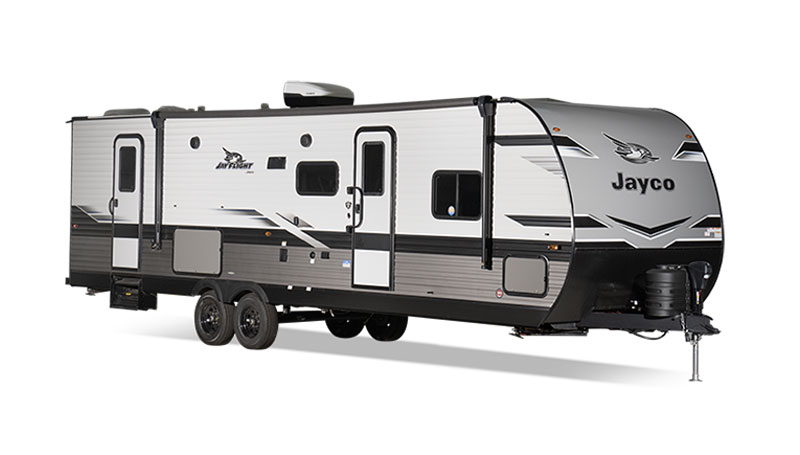RV Warranty 101: What You Need to Know
What is an RV Warranty?
In simplest terms, an RV warranty is a type of service contract that covers the repair or replacement of certain parts of your RV that may malfunction or fail. The warranty can protect you from unexpected and costly expenses in case of mechanical breakdowns or system failures in your RV.
Keep in mind an RV warranty does not cover damage caused by accidents, collisions, natural disasters, theft, or vandalism. That's why you have RV insurance. An RV warranty only covers specific parts or systems that are listed in the warranty contract, and it has a limited duration and may expire after a certain period of time or mileage similar to car insurance.

Here are the most common types of RV warranties:
Manufacturer warranty
This is the warranty that comes with your RV when you buy it from the manufacturer or dealer. It covers the repair or replacement of defective parts or systems within a certain period of time or mileage and varies by brand and model.
Dealer warranty
When you buy your RV from a dealer, you have the option to purchase an additional warranty from them. It may cover many of the same systems as the manufacturer's warranty but could have a different time period or level of coverage. Since we knew our Jayco had an industry-leading warranty, we knew this wasn't something we would need.
Extended warranty
You also have the option to separately buy a third-party provider warranty after you purchase your RV. It should cover the repair or replacement of defective parts or systems beyond the manufacturer or dealer warranty periods. Extended warranties usually vary by provider and plan, but in general, they can add extra protection to your RV for many years beyond your original purchase date. They are a good option for anyone who wants to feel a little more secure in their purchase long-term.
The cost of an extended warranty depends on factors such as the type, size, age, value, and condition of your RV plus the length of the plan. We recommend you shop around when looking for extended warranty plans so you can find the best deals with the coverage you feel comfortable with.












